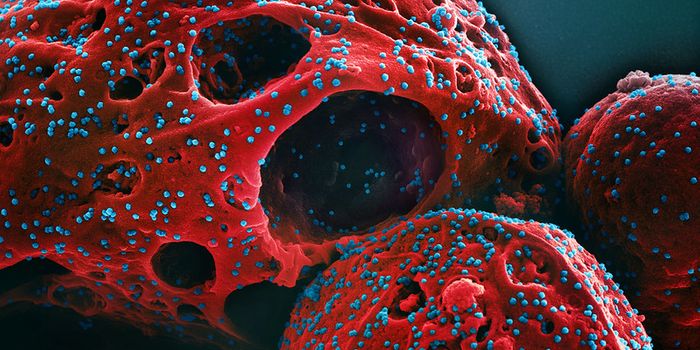An App Can Help Fight Drug Addiction Relapse
A computer game, on the verge of becoming a smartphone app, can use math to detect a patient’s comfort with risk-taking. Specifically, the game is based on numerical test scores that can adequately predict the desire to use drugs and has applications for the opioid epidemic. Results indicate that patients with an 85% score will likely reuse drugs, such as opioids, within the next week. The study is believed to lead to the design of new tools for the tracking and assessment of patients who reuse opiates during treatment.
"Our study shows that computer-based diagnostic tests may offer a useful new option," says Paul Glimicher, Ph.D— a professor in the Neuroscience Institute and in the Department of Psychiatry at NYU Langone Health. "Ideally, clinicians would have several tools available for real-time monitoring of how well our patients are managing to free themselves from their addiction."
Although drug treatments such as methadone, buprenorphine, and naloxone are highly effective in recovering patients off opioid use—researchers believe that there effectiveness is limited by unlikely predictions of measuring patient responsiveness. In addition, current testing methods are not entirely reliable as they are based on patient cravings and urine testing.
Findings were published Journal of the American Medical Association (JAMA) Psychiatry and indicate that the application can reduce patient reuse during a six-month treatment plan. Since more than 2 million Americans are believed to have some form of opioid-use disorder and more than a half of them relapse with a year of therapy, researchers are hopeful that the application an help rebound that.
Learn more about opioid addiction:
Overall, the app is based on a betting game played by participants undergoing opioid addiction therapy. Once programed, it will monitor daily a patient’s progress and allow their medical team to make informed decisions. In addition, the app could be “networked” with a patient’s family and loved ones to bring awareness and alert if there is great risk of abuse.
Source: Science Daily









